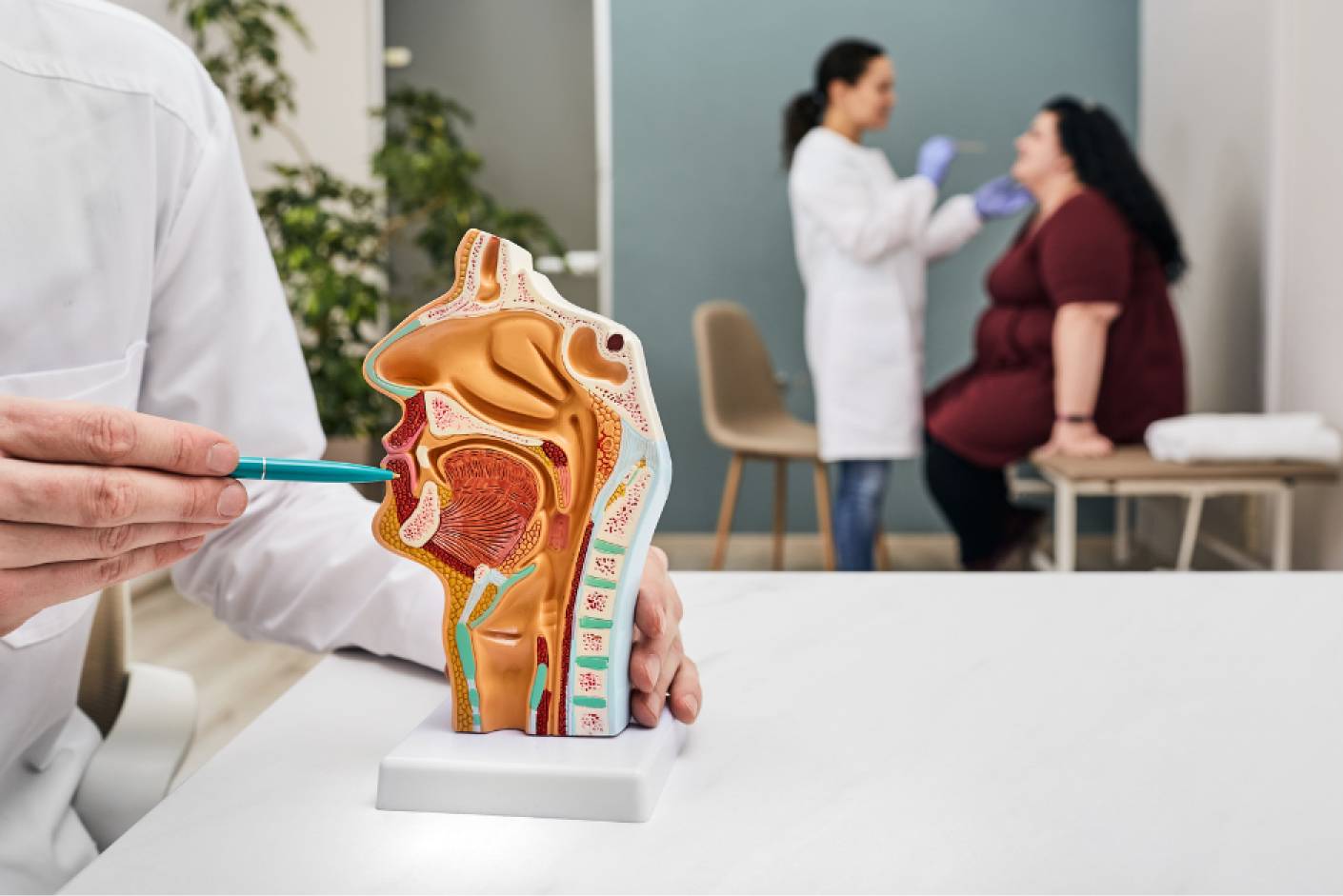The new article outlines specific requirements to be considered depending on the study type or design.

Table of content
The German regulating authority in the sphere of healthcare products (BfArM) has published a guidance document dedicated to the regulatory requirements under a fast-track process for Digital Health Applications (DiGA) intended to be used in Germany.
The document provides additional clarifications and recommendations to be considered by medical device manufacturers (software developers) in order to ensure compliance with the said requirements.
At the same time, the authority reserves the right to make changes to the guidance and recommendations provided therein, should such changes be reasonably necessary to reflect corresponding amendments to the underlying legislation.
General Requirements for Digital Health Applications Studies
First of all, the authority mentions that DiGA, due to its nature, often have positive effects stemming from improved care, communication, and therapy support.
Studies proving their positive effect – Versorgungseffekte (pVE) should ideally reflect real-world care contexts and utilize care-related data.
This can include retrospective studies using existing data sources such as digital patient files or insurance billing data.
Disease-related registries, despite declining data quality, are also viable for retrospective studies.
Manufacturers can choose between submitting a minimum required retrospective comparative study or a prospective comparative study with a higher evidence level.

Study Design and Methodology
For permanent inclusion in the DiGA directory, evidence of at least one pVE is mandatory.
This should come from the manufacturer’s own data analysis, with sole reliance on other literature or similar DiGA studies being insufficient.
Methodological soundness in study designs and data source selection is crucial, with a focus on minimizing biases and distortions.
Quantitative studies are required, while purely qualitative research is not enough.
Handling Bias and Ensuring Result Certainty
As further explained by the authority, to ensure reliable results and minimise bias, appropriate study designs and methodologies are critical.
In cases where multiple indications are listed for comparable pVE, the study population must encompass these indications.
Subgroup analysis may lead to evidence for individual indications in some cases.
If DiGA includes diagnostic tools, additional studies on test quality are necessary.
Retrospective Comparative Studies
Retrospective studies involve analyzing past data, requiring a control group for comparison.
The feasibility of such studies relies on the availability and quality of existing data, such as insurance billing data or disease registries.
When using retrospective data, it is important to ensure complete and correct recording of the characteristics under examination.
Comparability of study groups is vitally important, taking into account such factors as age, gender, disease severity, and socio-economic status.
Prospective Comparative Studies
Prospective studies might be easier to implement than retrospective ones, particularly in terms of data comparability.
Methodological comparability is crucial; if it can’t be mathematically achieved, a prospective comparative study is required.
The characterization of groups relies on comorbidities and main diagnoses. Control groups can be either inter- or intra-individual.
Study Submission and Review Process
Manufacturers must prove their DiGA’s superiority over control groups, not just equivalence to existing DiGA.
Observational analytical studies, experimental intervention studies, and other alternative designs like Pragmatic Clinical Trials (PCT) or Sequential Multiple Assignment Randomized Trials (SMART) are viable for pVE evidence.
Manufacturers can submit their own past studies, which are subject to BfArM’s discretionary assessment.
Additional Considerations and Regulatory Compliance
Study planning should align with standards like DIN EN ISO 14155 and FDA guidelines.
Ethical principles, such as those outlined in the Declaration of Helsinki, are applicable, and professional ethical advice is recommended.
Studies must be conducted in Germany, or their applicability to the German context must be demonstrated.
Full publication of study results, including negative outcomes, is mandatory.
Studies on Diagnostic Quality
For DiGA with diagnostic functions, separate studies to prove test accuracy, sensitivity, and specificity are required.
These studies should be relevant to the patient group defined by ICD-10 coding.
Results must be published for user and provider access, enabling comparisons with other products.
Conclusion
In summary, the present BfArM guidance outlines the key considerations related to different types and designs of studies.
The aspects highlighted in the guidance are vitally important for ensuring the accuracy and reliability of the results.
How Can RegDesk Help?
RegDesk is a holistic Regulatory Information Management System that provides medical device and pharma companies with regulatory intelligence for over 120 markets worldwide. It can help you prepare and publish global applications, manage standards, run change assessments, and obtain real-time alerts on regulatory changes through a centralized platform. Our clients also have access to our network of over 4000 compliance experts worldwide to obtain verification on critical questions. Global expansion has never been this simple.

